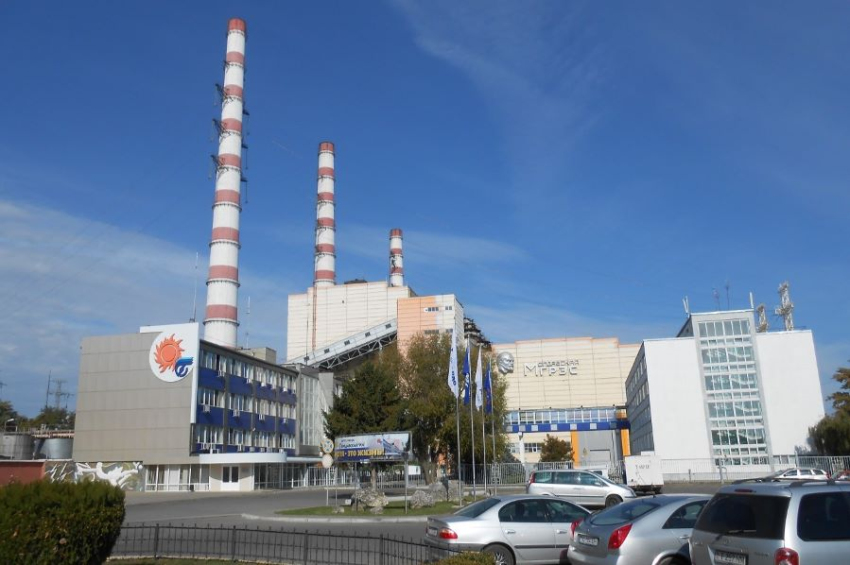[video] Google unveils groundbreaking quantum chip Willow
Google Quantum AI (Quantum Artificial Intelligence), a research initiative launched by Google in 2012 for advances in the field of quantum computing, has announced on the company blog that it had developed a chip boasting 105 qubits (quantum bits).
The chip is capable of performing calculations that would take classical supercomputers an incomprehensible 10 septillion years - vastly exceeding the age of the universe – an astonishing speed that has sparked discussion about the role of quantum mechanics and even the possibility of tapping into parallel universes to achieve such results, referencing physicist David Deutsch's multiverse theory.
More to read:
IBM Research delivers groundbreaking analog AI chip for enhanced deep learning
At the heart of Willow's success are two major achievements. First, it demonstrates exponential error correction, a challenge the field has faced for decades. By scaling up from smaller grids to larger ones, such as a 7x7 array of qubits, Google was able to halve error rates at each step—marking a historic breakthrough known as being "below threshold."
This means the system can maintain quantum behavior even as more qubits are added.
Second, Willow outperformed classical supercomputers on a standard benchmark called random circuit sampling, confirming its ability to tackle computations beyond the reach of conventional machines.
More to read:
Chinese startup unveils miniature atomic battery
The results of Willow’s testing were published in the journal Nature and a video explainer was uploaded on YouTube.
Quantum chips like Willow rely on qubits, which can exist in multiple states simultaneously thanks to quantum entanglement. However, qubits are notoriously error-prone due to their sensitivity to environmental interference. Google says its ability to reduce errors while scaling up demonstrates progress toward building practical, large-scale quantum computers.
There are no independent reports about Willow's achievements, and similar claims by Google in 2019 suggest that we need to remain cautious. Then, Google released its Sycamore chip, only to be later challenged by competitors like IBM, which argued that classical computers could replicate those results with refinements.
More to read:
E.U. invests €133 million in production of photonic chips
Google has yet to name the fields where its quantum computing chip would be employed for real-world applications such as scientific discovery, solving complex societal problems, or cryptography.
In the same blog post, the company has invited researchers and developers to join the Willow project. For Willow’s specifications click HERE.
***
NewsCafe is an independent outlet that cares about big issues. Our sources of income amount to ads and donations from readers. You can support us via PayPal: office[at]rudeana.com or paypal.me/newscafeeu, or https://buymeacoffee.com/newscafe. Any amount is welcome.






